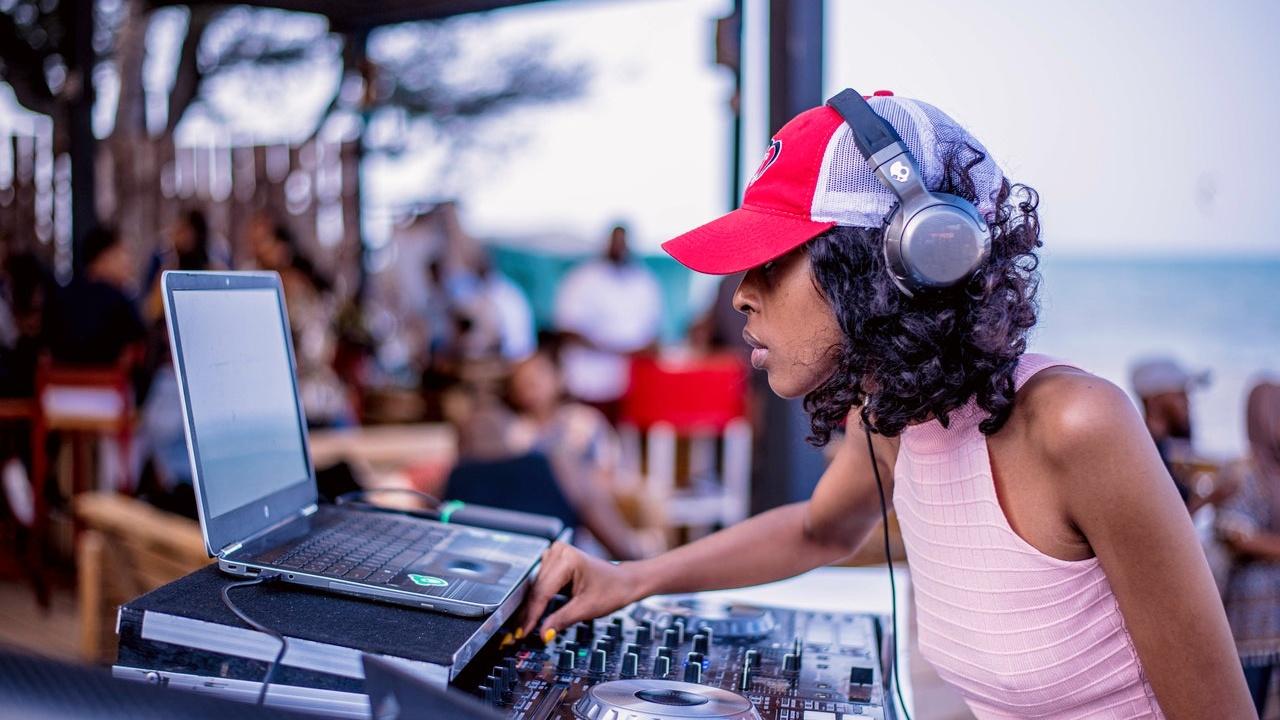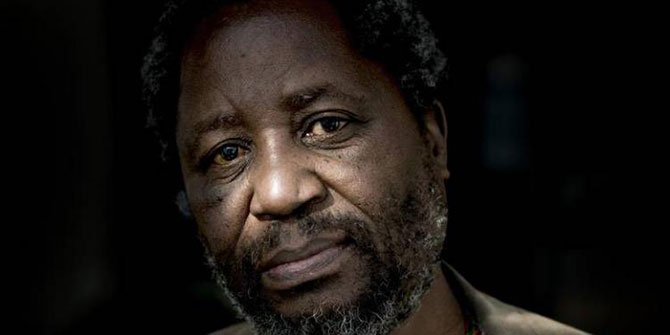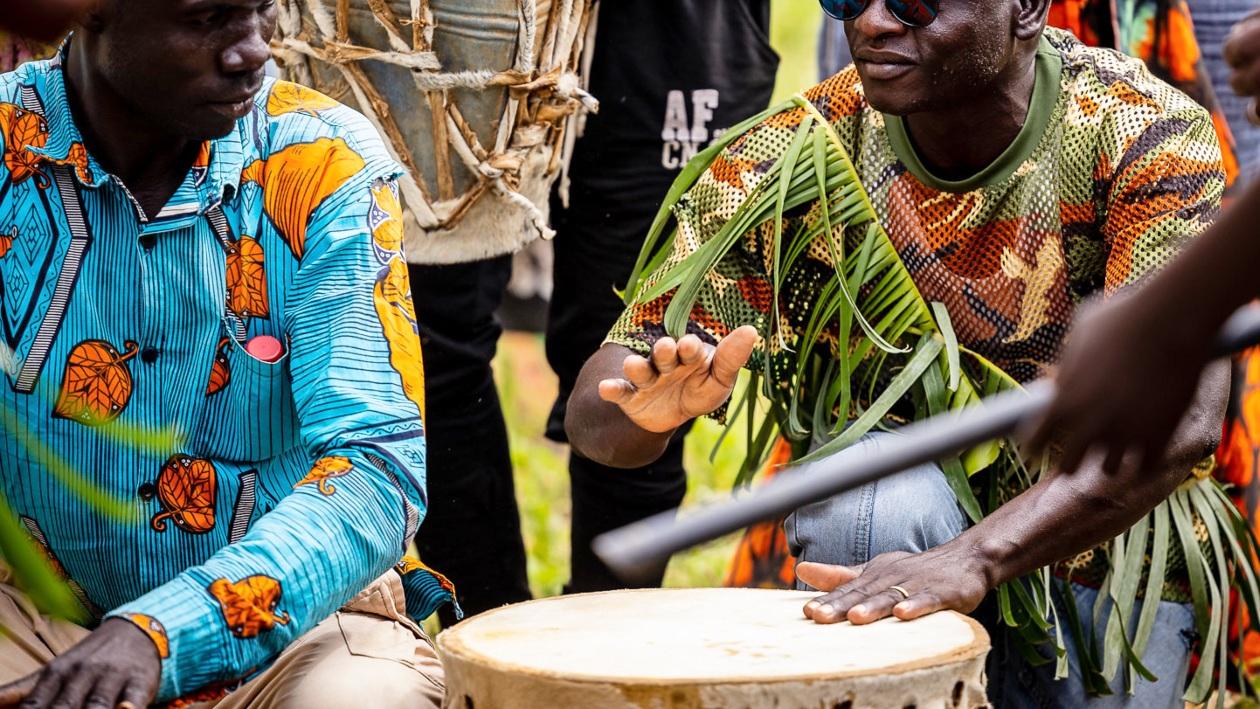LSE alumna Francesca Washtell looks ahead to the ten-day festival of African cinema from 1-11 November.
This November, Film Africa, the UK’s largest annual festival celebrating African cinema and culture, will be bringing more than 70 African films in 10 days to venues across London. At 35 film screenings leading film makers will be offering Q&As, as well as 9 African music nights and free professional workshops are scheduled throughout the festival.
The arts, and world cinema in particular, can be incredibly powerful and equalising platforms where we can expose ourselves to cultures distinct from our own. The range of films offered this year offers the chance to see the continent from all angles and genres, from politics to comedy, from Burkina Faso to Kenya. While debate rages on about how the mainstream media should portray Africa, Film Africa goes further by offering audiences in London an opportunity to watch how the continent is talking about itself through media such as feature films, documentaries and a range of superb short films.
Some of the highlights this year include the diverse documentary film programme, with acclaimed films such as Town of Runners, When China Met Africa (followed by a Q&A with directors Marc and Nick Francis) and An African Election – particularly topical following the recent unexpected death of Ghana’s President John Atta Mills.
Prominent throughout the Festival choices is the inevitable overlap between societal issues and film-making. This year’s selection was put together with programming strands in mind, with major thematic focuses including Elections and Democracy, Continental Crossings, Mama Africa, Spotlight on Sexualities and Public Space and Citizen Journalism.
With the centenary of the African National Congress Party (ANC) this year, South Africa has been made a country focus at the Festival, and those wishing to learn more South Africa and its exceptional film industry should look to films such as Beauty (Skoonheid), Dear Mandela, Winner of the Best South African Documentary at the 2011 Durban International Film Festival and Protect the Nation, a short film about the 2008 wave of xenophobic attacks in South Africa.
Those interested in film-making should look to the Professional Workshops being held in conjunction with the film programme, particularly the “Filming Sensitive Issues” panel discussion at BFI Southbank on the 4 November. More events include The African Market on 4 and 11 November, Storytelling and dance sessions, many of which are open to children and families as well.
Building on the success of Film Africa 2011, in addition to presenting the festival’s Silver Baobab Award for Best Short African Film, Film Africa audiences will be able to vote for the Film Africa Audience Award. The venues this year include Hackney Picturehouse, The Ritzy, BFI Southbank, Screen on the Green and the experimental venue Picha House.
Tickets are available online at www.filmafrica.org.uk.






